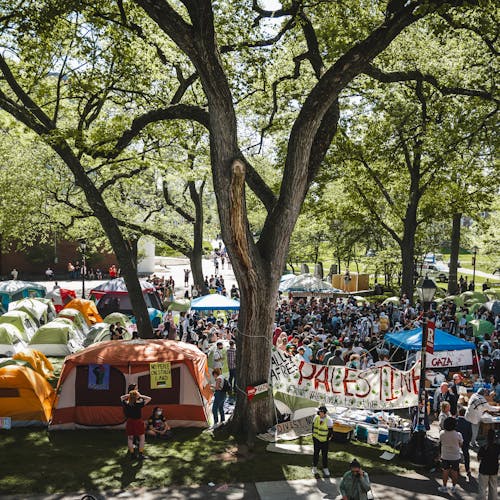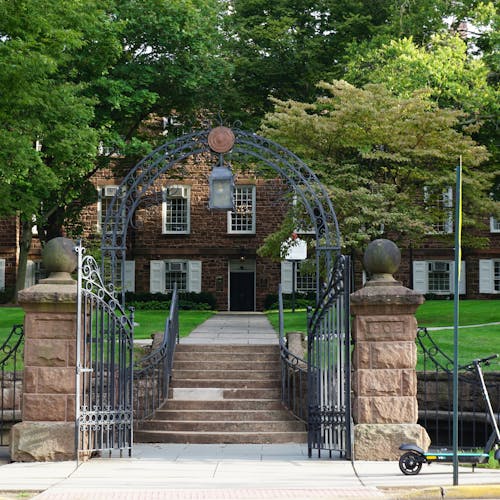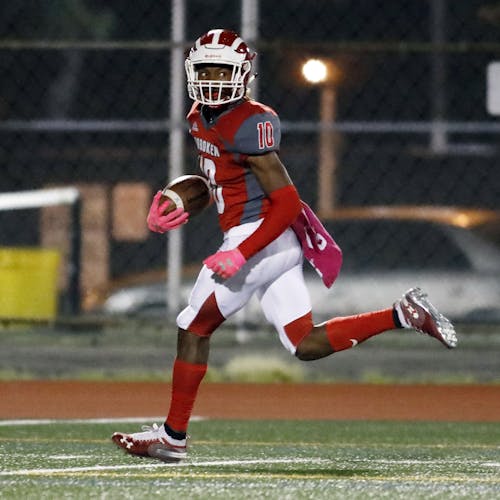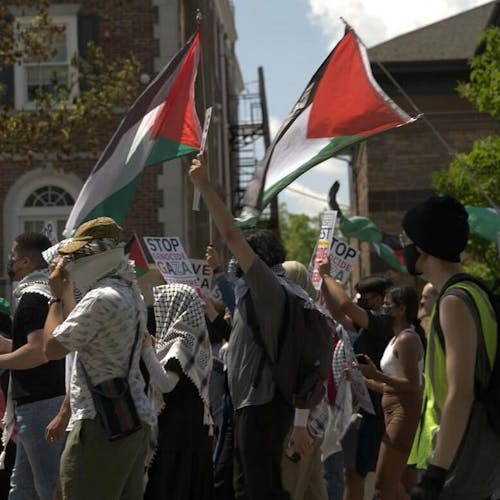U. cultural, social justice organizations share struggles, goals for upcoming year
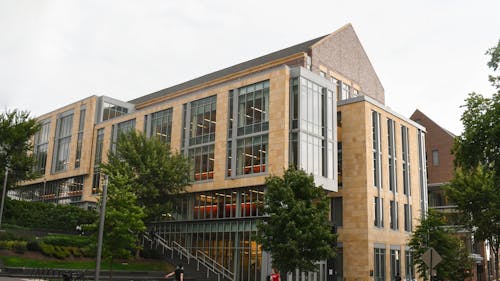
Cultural and social justice organizations on campus face different challenges at Rutgers as the current political climate continues to evolve both nationally and internationally.
Representatives from several of these organizations discuss their clubs' goals and the future directions they wish to take as the organizations continue to evolve.
Adam El Abboudy, a School of Engineering junior and president of the Arab Cultural Club (ACC), said the club has been established for 15 years, but they have been thriving especially in the past five years.
The organization is beginning to get more involved on campus to support and aid those who face injustices.
“ACC is an organization which welcomes all people despite their background, and especially those close to us in culture and heritage,” Abboudy said.
He said that the executive board plans to cooperate with other on-campus groups to organize collaborative events, which will offer resources and volunteer hours to those in need in hopes of creating a more fair and equal campus for all.
Zaynah Smith-DaSilva, a School of Arts and Sciences senior, is the current president of Fusion: The Rutgers Union of Mixed People, which is an organization for multiracial and multiethnic students at Rutgers.
“Fusion aims to unite and celebrate people who identify with or are interested in the mixed experience,” she said. “Fusion will serve as a support system and a forum for people to express their thoughts, ideas and concerns about issues that are relevant to the mixed community."
Smith-DaSilva said that there are easy ways of promoting the organization and that Fusion has used the University’s Involvement Fair, GetInvolved posts, flyers, GroupMe, co-sponsors and word of mouth to grow the club’s membership.
She said that Fusion’s goal is to create a safe space where mixed students can emotionally express racial obstacles they face and build relationships with those that have similar backgrounds.
“We are just trying to encourage mixed students to feel free to share their experiences growing up in a multiethnic household along with their personal experiences with race,” Smith-DaSilva said.
Fusion has had both success and difficulty with managing events and growing a successful club in recent years, DaSilva said, but they are now in a good place and have been gaining attention, membership attendance and club engagement.
The ACC has also struggled, especially because the coronavirus disease (COVID-19) pandemic prevented the organization from hosting large gatherings for more than a year. The pandemic did not, though, affect the ACC’s strong community where students can become friends and participate in events celebrating cultural diversity, Abboudy said.
Hiba Shaqra, a School of Arts and Sciences junior and vice president of the ACC, discussed the organization’s future goals and said their current social justice goal is to assist on-campus charities and humanitarian organizations.
During social gatherings, the ACC will push for more philanthropy and volunteering involvement from members to educate people culturally, she said.
Shaqra said that as a way of getting more involved in local and international events, the ACC will also aid the Palestine Children’s Relief Fund through volunteering and providing resources to support children in Palestine to try and make a positive impact.
Fusion also has a mission to implement social change within the Rutgers community by teaching students about the mixed experience, which includes thoughts, ideas and concerns relevant to the mixed community, in hopes of breaking down racial struggles.
“Ultimately, it is our goal to increase awareness about racial/cultural issues, support individuals in developing their identities and help the mixed community become more accepted within society,” said DaSilva.
Being a part of an organization that is both cultural and social, Shaqra said they are here to spread culture and learn from others with a mission to give back to the communities.
She and Abboudy both said that the ACC wants to help those facing hardships and learn from other cultures.
“We currently live in a time where we need cultural and social justice organizations to help those facing hardships, whether it be social, humanitarian, political or educational,” Abboudy said. “We stand as sources for students to join communities of others who will support one another and fight for a better life for everyone.”
